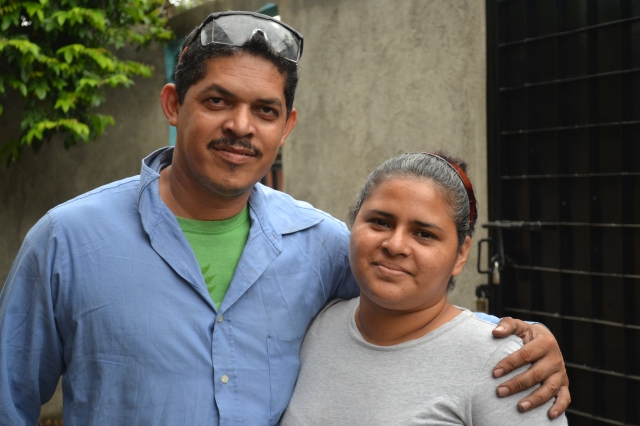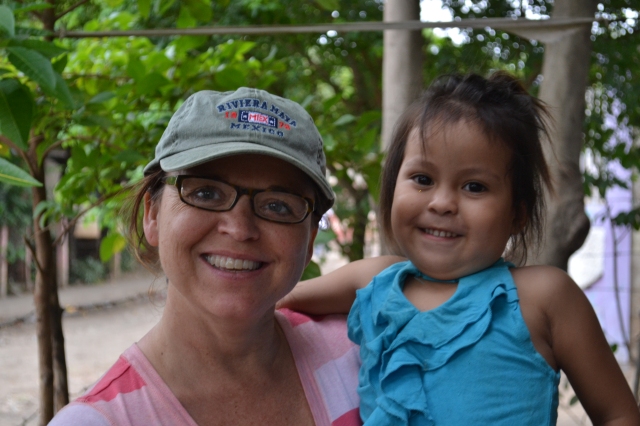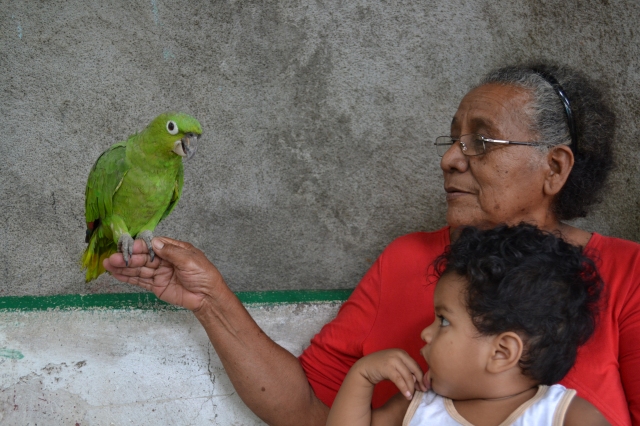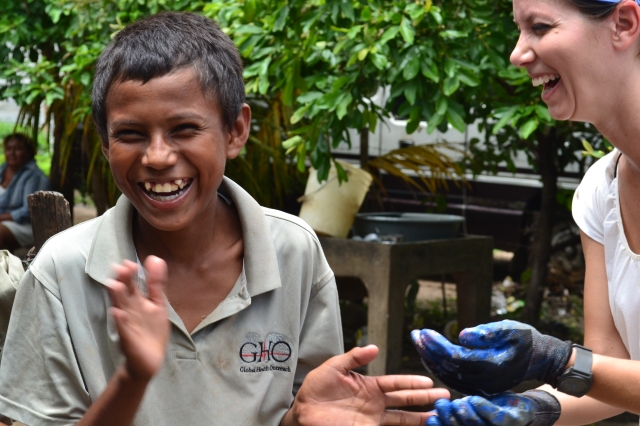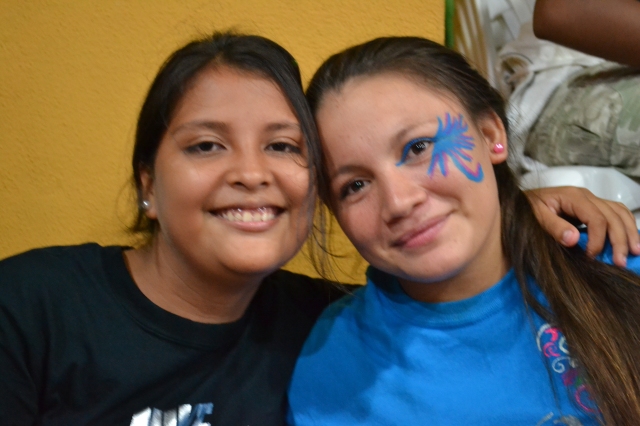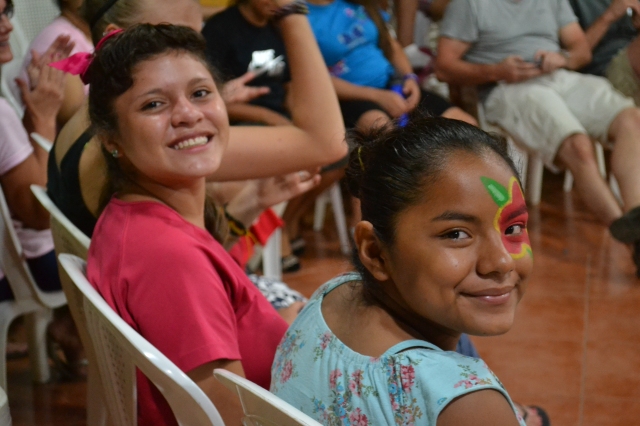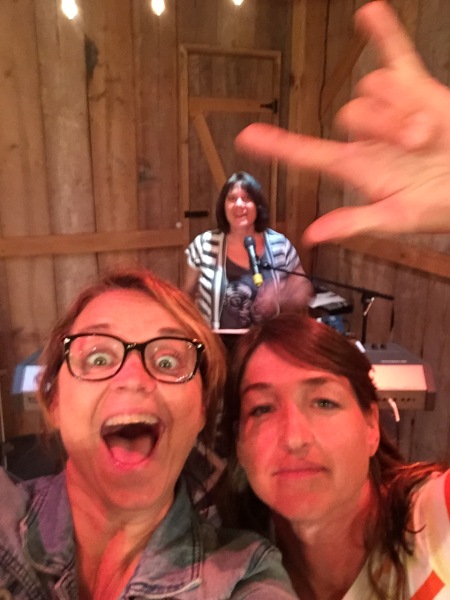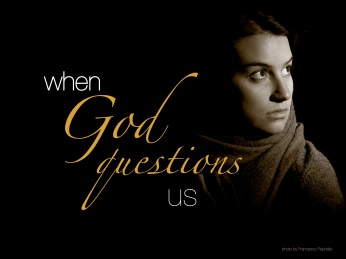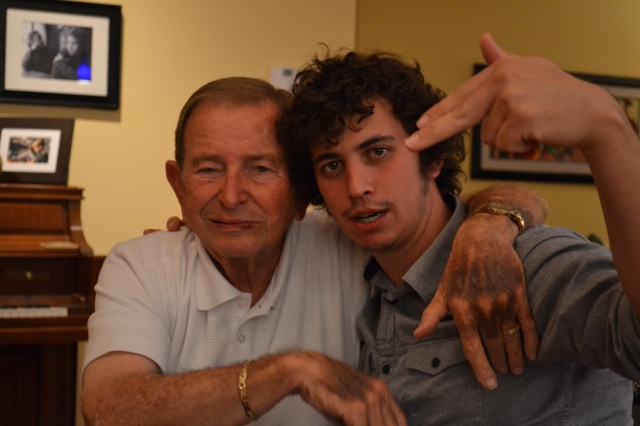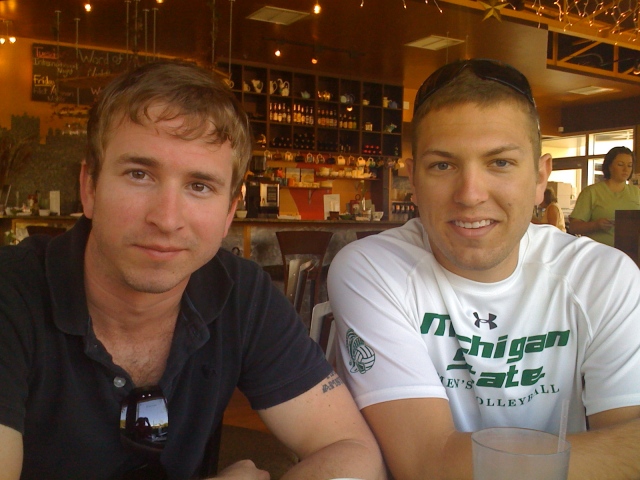 On October 17th, the world lost a giant of a man – my father, Ronald Douglas Hood. Daddy was the epitome of a man of honor and grace. Several friends asked me to send them a copy of the eulogy I shared at his Celebration of Life service on October 21st, 2018. Below is the message I shared. It does not capture all that my father was to us, but it was the message he wanted to be shared.
On October 17th, the world lost a giant of a man – my father, Ronald Douglas Hood. Daddy was the epitome of a man of honor and grace. Several friends asked me to send them a copy of the eulogy I shared at his Celebration of Life service on October 21st, 2018. Below is the message I shared. It does not capture all that my father was to us, but it was the message he wanted to be shared.
Our entire family wishes to thank you for coming today. We especially thank those of you who have walked with our parents in this long journey, showing your love and support in a thousand ways. We are humbled and blessed by your prayers, gifts of love, words of encouragement, and sacrificial acts of service. While Pam and I have been grateful that we could be with our parents these last weeks, we know that in the months to come, when we cannot always be here, many of you here will be. Daddy often spoke of how grateful he was for his friends. To the extent that a man’s riches are measured by friendships, my father was a very wealthy man indeed.
Not long ago, Daddy told me in no uncertain terms that he did NOT want his funeral to be all about him. He wanted the focus to be the God he loved and believed worthy of all the attention. So my challenge is to honor that request while sneaking in a little bit about our Dad. Wish me luck.
A few years ago, Mama and Daddy had a little neighbor boy named Blake who loved visiting them. He’d ride his tricycle around the driveway like a rocket ship while Daddy did chores. Though Daddy was in his 70s at the time, Blake consider him a buddy. One day, Blake was full throttle on his rocket ship when he suddenly stopped and asked, “What do you want to be when you grow up?”
Daddy said, “Hmmm, well, you know, I thought I might wanna be an artist.”
Blake twisted his face in disgust. “A artist!” Clearly, his friend had NO imagination.
Daddy asked, “Well, Blake, what do you wanna be?”
Blake took off on his rocket ship, “I’M gonna be an Avenger!” Pffft! Obviously, right?
Ron Hood would be the first to admit that he was no superhero, but to us he was pretty close. His superpower was grace, and we all saw it in 1000 different ways throughout his life.
Because art was such a part of Daddy’s life, it seems appropriate to talk a bit about images and about noticing and seeing. Artists use images to depict things we might otherwise miss. That’s what Daddy did both in his art and in his life. He was what I call a “noticer,” which is probably one of my favorite things about him. He saw things others missed. If we were out on a hike, for instance, he would say things like, “Look at how the sun is streaming through those clouds,” or “Do you see the red tint on that moss?”
I think Daddy never cared for abstract art because he was so captivated by creation just as it is. In fact, he recently told me that a painting he recently completed of an old, wrinkled crone, displayed here, was one of his favorites. He saw a beauty in the old woman that he wanted others to see. Lord knows Daddy never got rich from his art because he gave most of it away, but he graced many with his art, and in the process provided glimpses of something bigger than himself—both in the gift and in the giver.
Through his life, maybe you saw the image of a loving father or grandfather because that’s what he was to us and, in many ways, even to some of you. You may have gained from him the image of a gracious, faithful friend, or a talented, humble artist. His life provided pictures for us of all of these things, and we are all the richer for it.
The image that most captivated Daddy’s heart was the one Jesus provided. Hebrews 1:3 tell us that Jesus “is the reflection of God’s glory and the exact likeness of his being.” In other words, if you wonder what God is like, look at Jesus. There you learn everything you need to know. Jesus is a compelling figure even for those who don’t follow him. But if you examine his life with this idea in mind—that he is the exact likeness of God—he is even more compelling because he doesn’t seem very god-like or majestic. In fact, the life of Jesus looks an awful lot like weakness or even failure. The “exact image of God” Jesus provides is surprisingly undignified. It is an image of a God who serves his own creation, forgives their disbelief, overlooks their insults, and pursues their love at any cost. Paul writes this about Jesus:
“For he, who had always been God by nature, did not cling to his prerogatives as God’s equal, but stripped himself of all privilege by consenting to be a slave by nature and being born as mortal man. And, having become man, he humbled himself by living a life of utter obedience, even to the extent of dying, and the death he died was the death of a common criminal.”
Everything we consider worth holding onto—success, a shot at our dreams, a fine reputation, or even a life of safety and comfort—he considered nothing compared to being with us. Rather than climb the ladder, he lowered his status from Creator to slave. Rather than demand his rights, he gave them away. It is a picture totally at odds with our world. One of the most poignant images Jesus provides of the nature of God is when he washes his disciple’s feet—a demeaning and unpleasant job meant for servants. The scriptures say it was an act that sprang from Jesus’ complete security and absolute identity in his Father’s love. From that eternally sure place, Jesus let go of his right to be honored and washed his friend’s feet when, in truth, they should’ve been washing his. Our world is desperate for images like this.
The scriptures also tell us that the Father had given all power into Jesus’ hands. All. Power. And what did Jesus do with that power? He washed dirty feet. Now, if Jesus is “the exact likeness of God,” then God’s nature is astonishing, maybe even a little disturbing. Like Peter, who was appalled at the idea, we don’t want God to wash our feet. We’d rather earn God’s favor or believe we are already clean versus expose our dirt. Truth be told, we really don’t even want to admit we even have any dirt, right? The image of God as our foot washer, our dirt cleaner is humbling. But it is also incredibly heartening because it tells us that God sees the dirt and loves us enough to come near, to get his hands dirty, and to make us clean.
In a book, entitled When People are Big and God is Small, author Edward Welch notes how God is described in scripture as a husband, a father, a shepherd, a physician, or a friend. We relate to these images because we have all known fathers, physicians, friends, and the like. Welch says,
God isn’t using our understanding of servants to suggest that he is like a servant. No, God is the servant, the husband, the father…the friend. Anything in the created world that bears a resemblance to these descriptions of God is simply God’s glory spilling into creation…Whenever you see these albeit distorted images in other people, they are a faint reflection of the original.
A feint reflection. When we are moved and awed by nature, music, art – or even by other human beings something of the eternal is spilling through and it sets our souls on fire. This was the glory of my father’s artistic gift. As a “noticer,” he allowed the things he noticed to lead him to the Maker behind it all. As C.S. Lewis put it, such soul stirrings are “only the scent of a flower we have not found, the echo of a tune we have not heard, news from a country we have never yet visited.” My father is now visiting that country.
Lewis added elsewhere, “If I find in myself a desire which no experience in this world can satisfy, the most probable explanation is that I was made for another world.” My father is now in that other world.
Through God’s grace, my father was himself a beautiful work of art, reflecting glimmers of God’s beauty. Daddy knew that he was but a poor reflection, but if you saw a gentle grace and love in him, you caught a glimpse of your heavenly Father’s gentle grace and love for you. If in my father you saw an artist who delighted in creating wonder for others, you have an inkling of the joy our Creator takes when he splashes the sky with a spectacular sunset for your heart’s delight. Even in my father’s faults or failures, look closely and you’ll see God’s grace covering the faults. Indeed, if you saw any light in my Dad, let it lead you to the light, the shepherd, and the friend who pursues you relentlessly in love. That’s the image my Dad would most want you to notice and see today.
We are grateful beyond words for the life of Ron Hood. Father. Papa. Friend. Husband. He was such an undeserved gift to us all and a lovely picture of God’s unfathomable love for us all.
Thank you and God bless you all.




